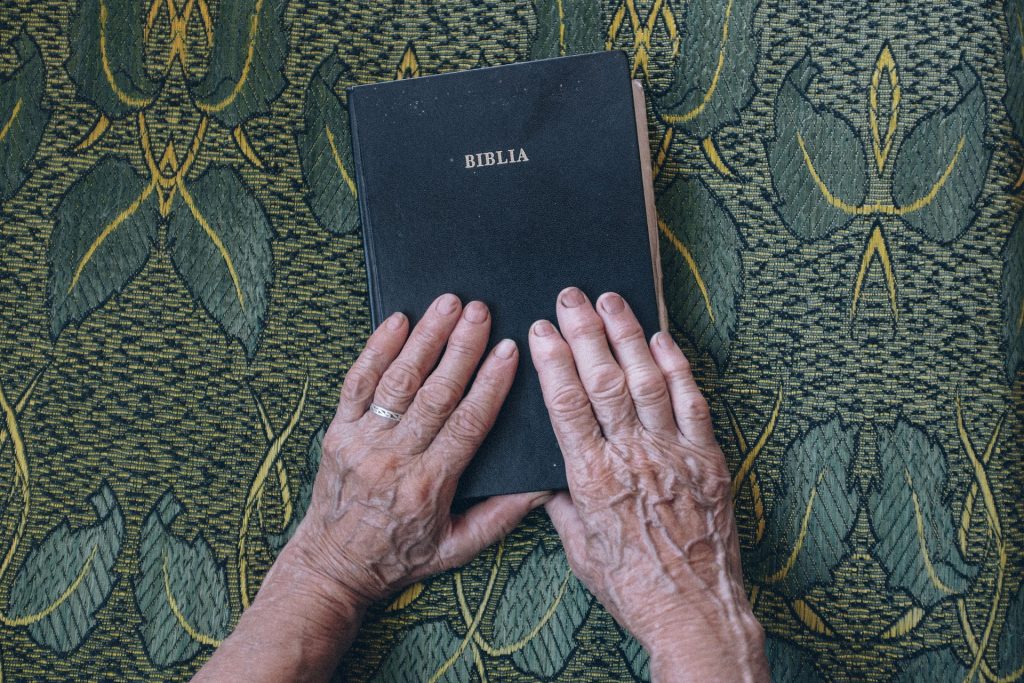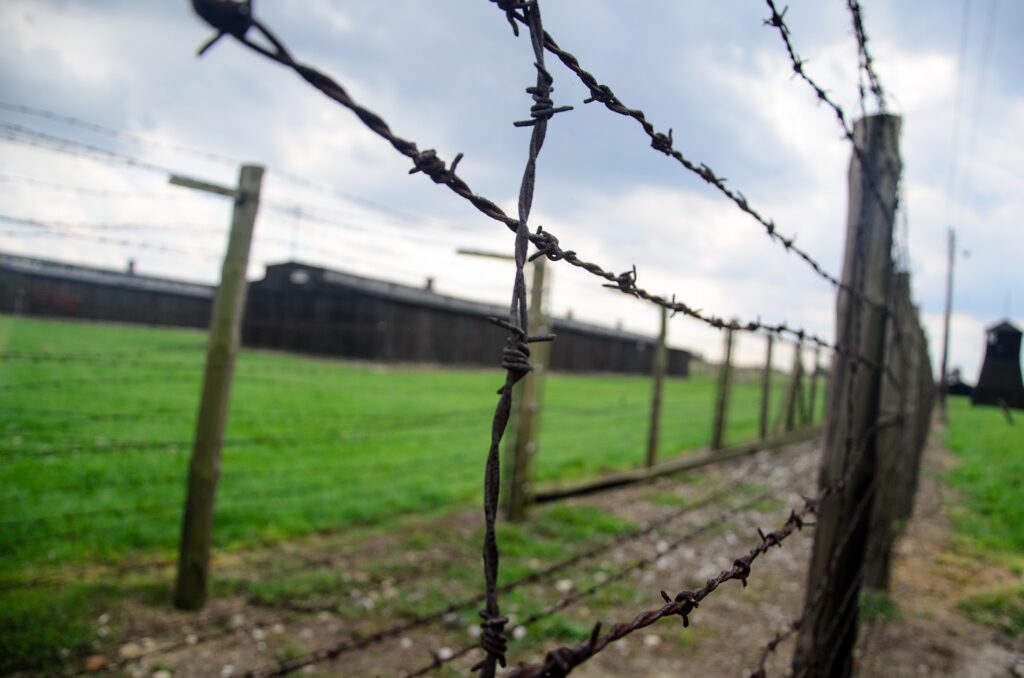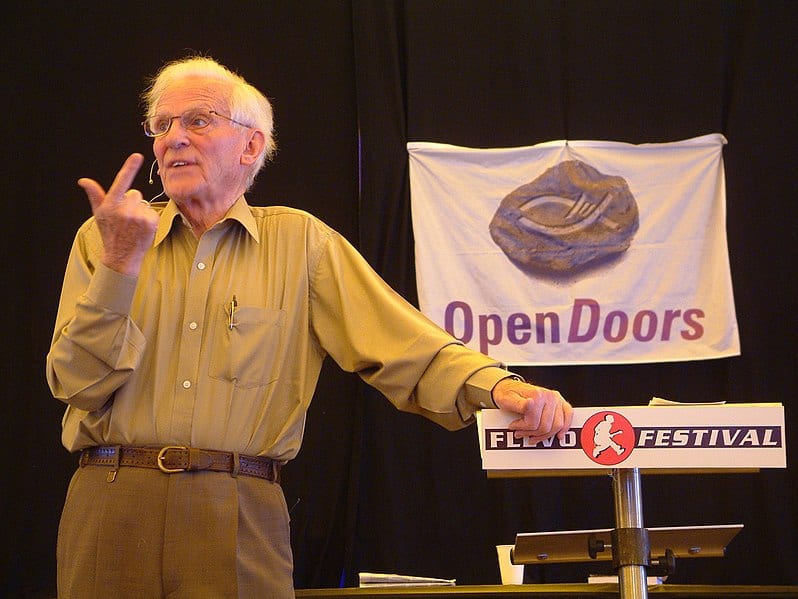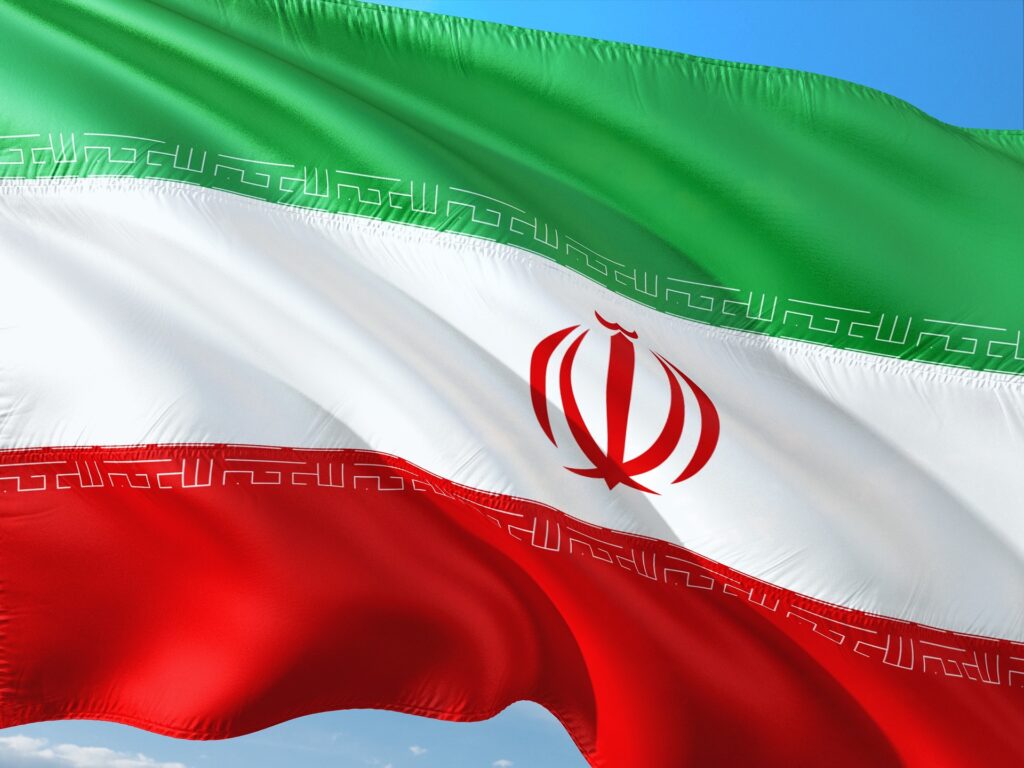Brother Andrew’s Cold War-era Bible smuggling remains part of Open Doors’ legacy, but the methods have evolved. In some nations, possessing a Bible still carries severe penalties. While hard copies are still delivered discreetly, today’s efforts also include tiny SD cards, audio devices, and encrypted digital files. The ministry continues to adapt distribution to meet the realities of modern surveillance.
Shifting Faces of Persecution
Persecution has moved beyond secret police to digital tracking. In China, believers face phone and laptop monitoring. In Central America, gangs target churches that draw young people away from criminal life. Open Doors responds with support designed around each community’s expressed needs, echoing Brother Andrew’s early “human-centered” approach.
Trauma and Healing in Conflict Zones
Recent violence in northern Nigeria left about 200 people dead. Survivors face deep trauma and grief. Open Doors works to help them heal, enabling them to fulfill their mission despite living in danger. The organization sees this as critical for sustaining witness in hostile regions.
Why Persecution Persists
Ryan Brown notes that persecution often rises as churches grow. Hostility is viewed as a response to spiritual vitality. While persecuted Christians rarely ask to be removed from hardship, they seek solidarity, prayer, and assurance they are not forgotten.
Advocacy and Global Awareness
Beyond direct aid, Open Doors engages in advocacy. In Africa, the Arise Africa initiative seeks a million global signatures by 2026 to present to the UN, pressing for accountability in protecting religious freedom. Such campaigns aim to influence policy while amplifying persecuted voices.
Organizational Growth and Focus
From its informal beginnings, Open Doors has developed strong structures since the 1970s, enabling global reach. Brown emphasizes guarding the ministry’s spiritual focus, ensuring its actions remain Christ-centered rather than self-driven.
Looking Ahead
Brown sees the most significant challenge as ensuring the global church learns from persecuted believers. He warns against Western isolation and comfort, calling for a deeper connection with those suffering for their faith.
Source:
Photo by Dima Pechurin on Unsplash







